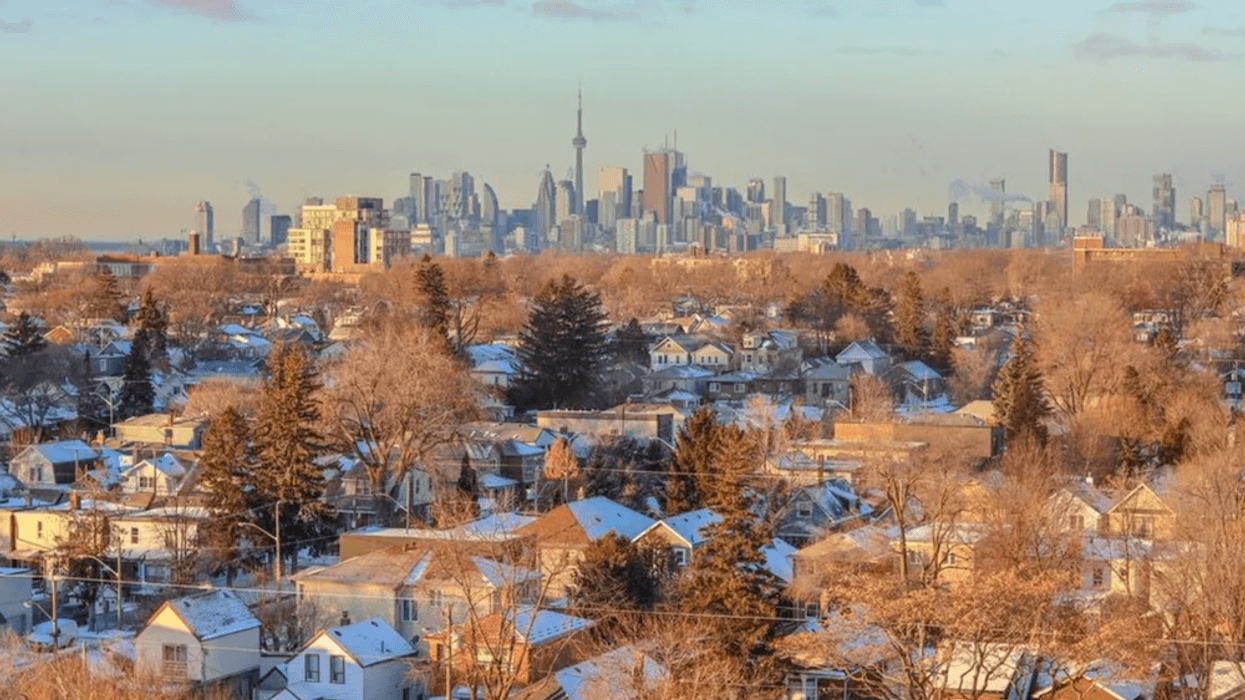Default
Learn what default means in Canadian real estate, how it affects mortgages and contracts, and the legal and financial consequences of failing to meet obligations.
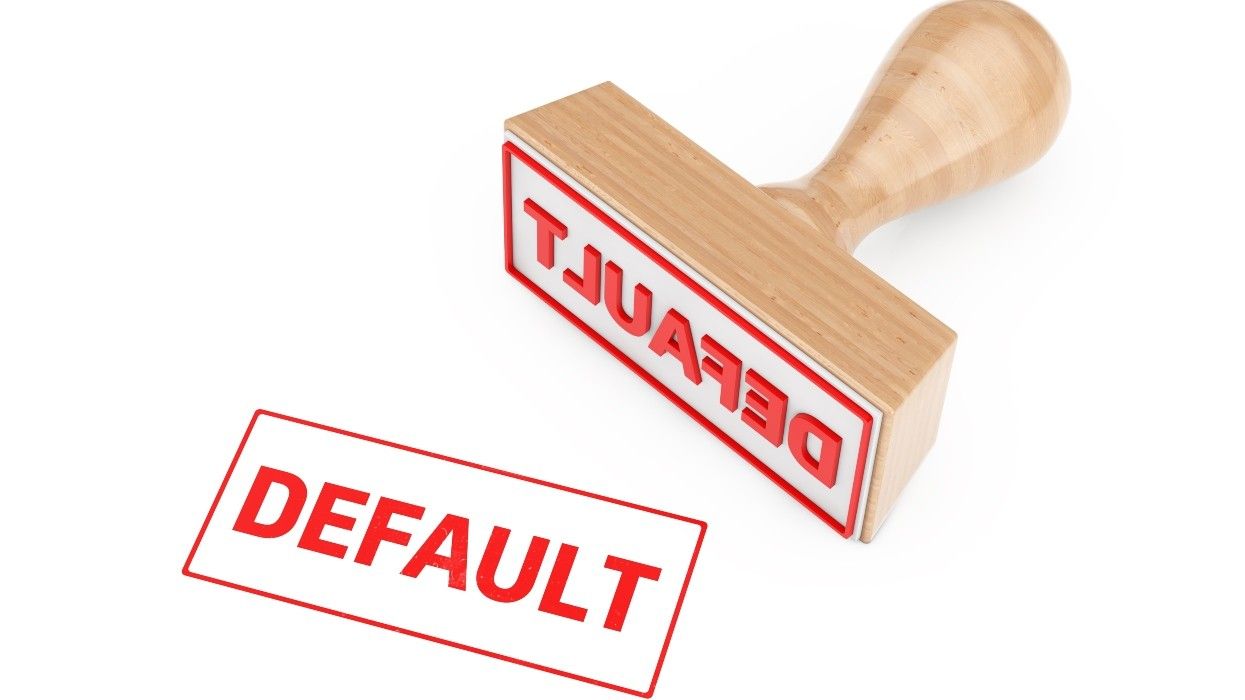
May 22, 2025
What is a Default?
Default in real estate refers to the failure to fulfill a legal obligation, such as missing mortgage payments or breaking the terms of a purchase agreement.
Why Defaults Matter in Real Estate
In Canadian real estate, default can occur in multiple contexts:- A mortgage default, where a borrower fails to make payments
- A buyer or seller defaulting on a signed purchase agreement
- Lender-initiated foreclosure or power of sale
- Loss of deposit or legal action by the opposing party
- Negative impact on credit score
Buyers should only enter contracts they can fulfill, and homeowners should seek help early if they struggle to meet mortgage obligations. In many provinces, lenders must follow legal processes before repossessing a home.
Understanding default is key to managing risk and protecting one’s financial and legal interests in real estate transactions.
Example of a Default in Action
A homeowner misses three consecutive mortgage payments and is issued a notice of default, initiating foreclosure proceedings.
Key Takeaways
- Occurs when contractual obligations are not met.
- Can lead to legal action or foreclosure.
- Applies to mortgages or real estate contracts.
- Damages credit and buyer reputation.
- Avoidable with early intervention or legal help.
Related Terms
- Foreclosure
- Power of Sale
- Mortgage Arrears
- Firm Offer
- Buyer Risk

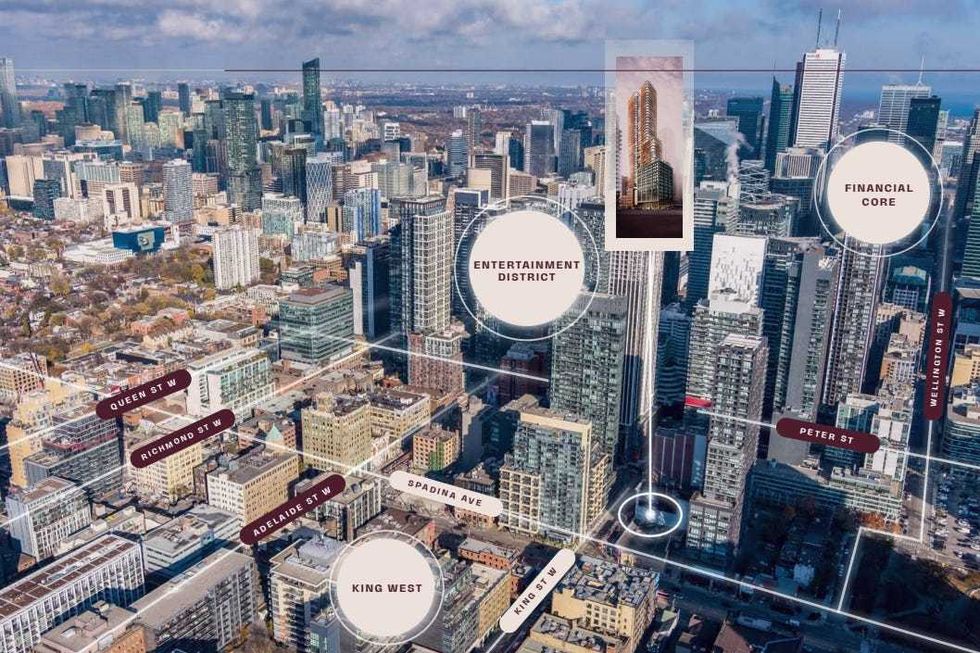 401-415 King Street West. (JLL)
401-415 King Street West. (JLL)
 Eric Lombardi at an event for Build Toronto, which is the first municipal project of Build Canada. Lombardi became chair of Build Toronto in September 2025.
Eric Lombardi at an event for Build Toronto, which is the first municipal project of Build Canada. Lombardi became chair of Build Toronto in September 2025.
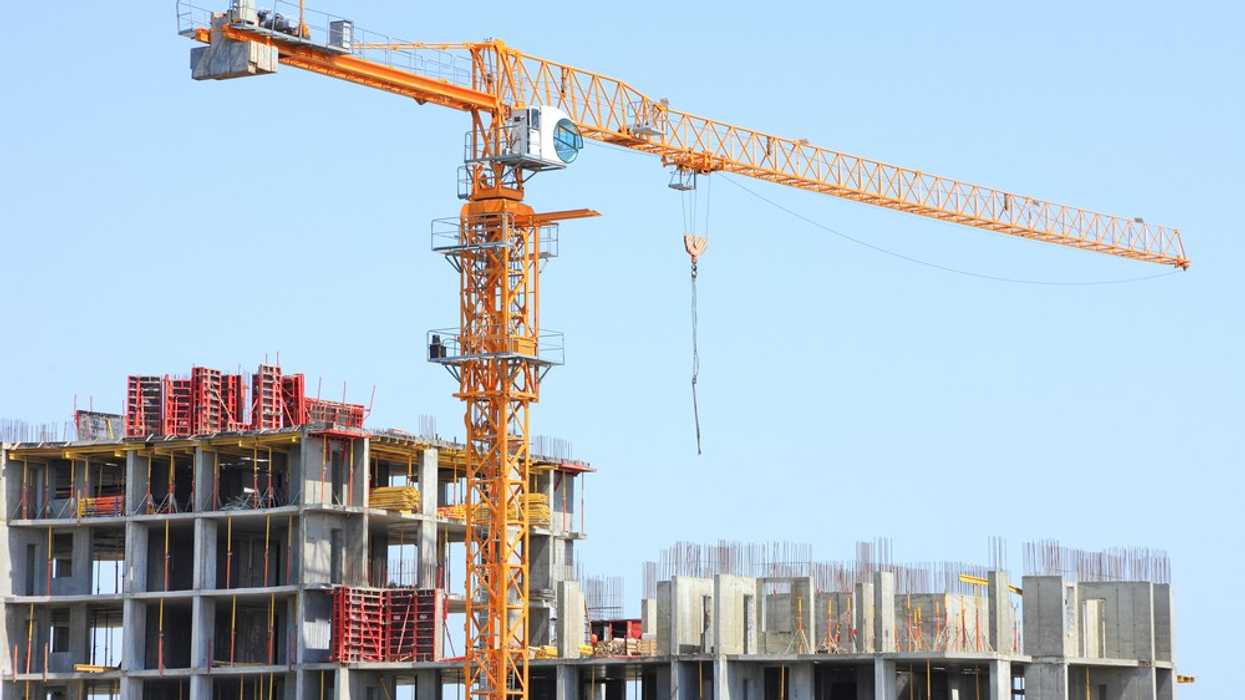

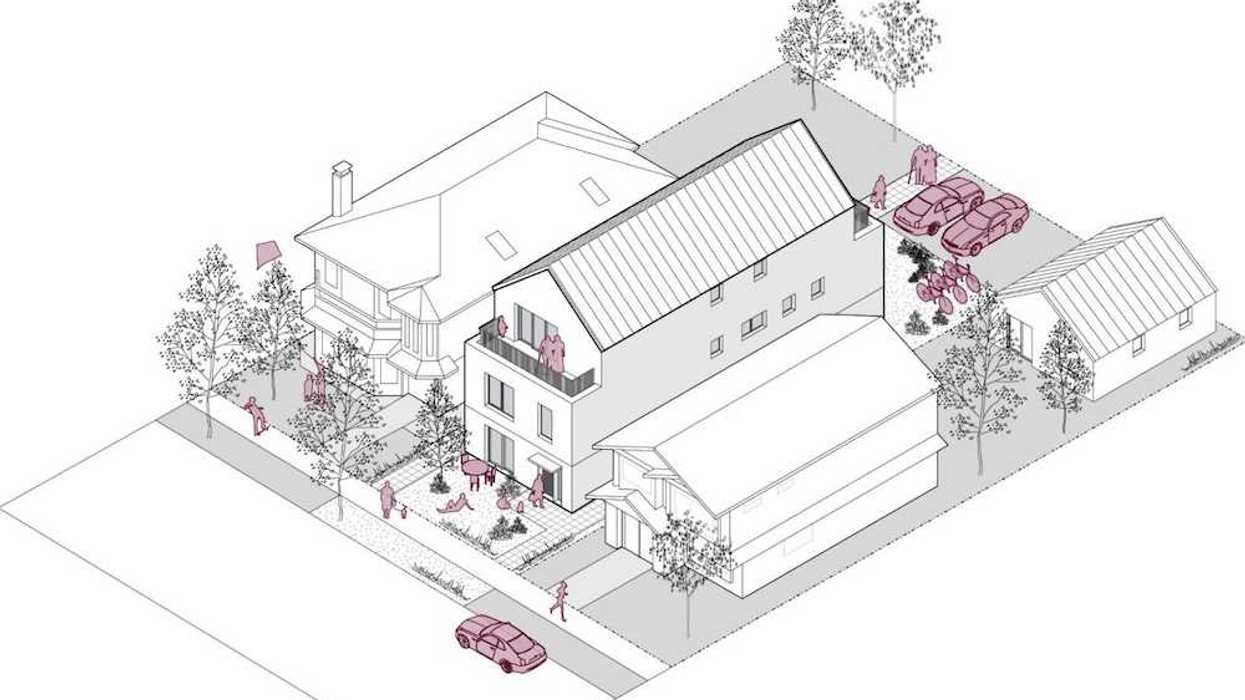
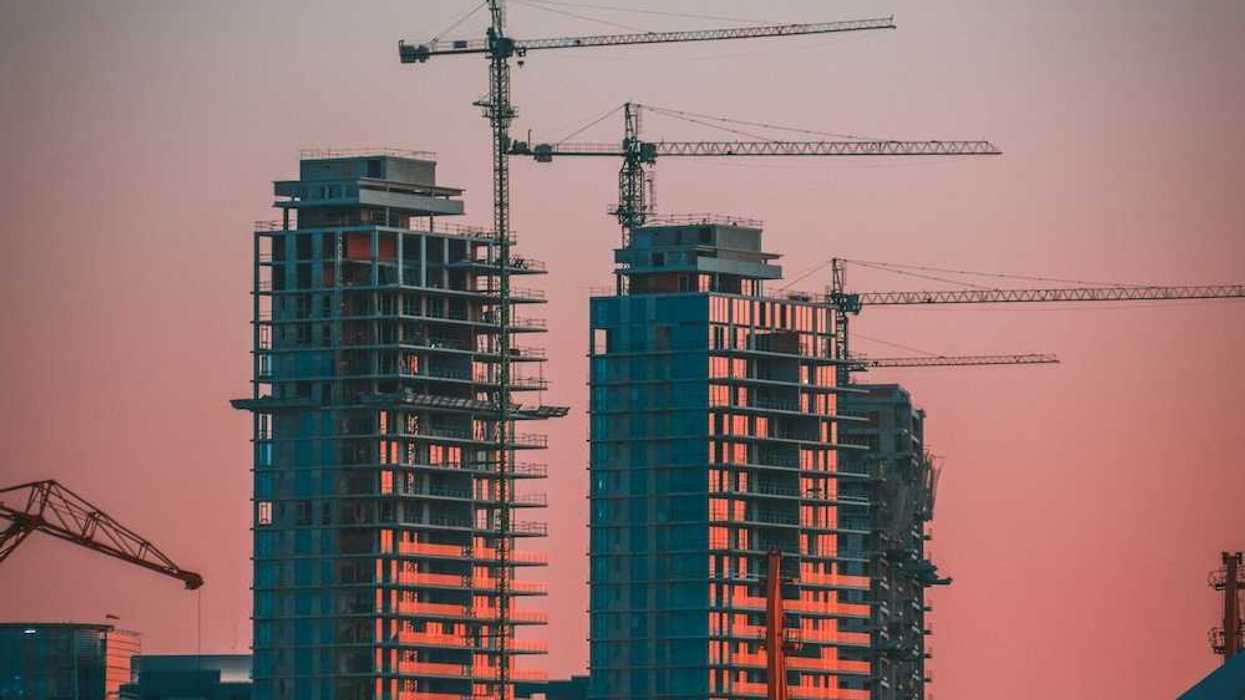
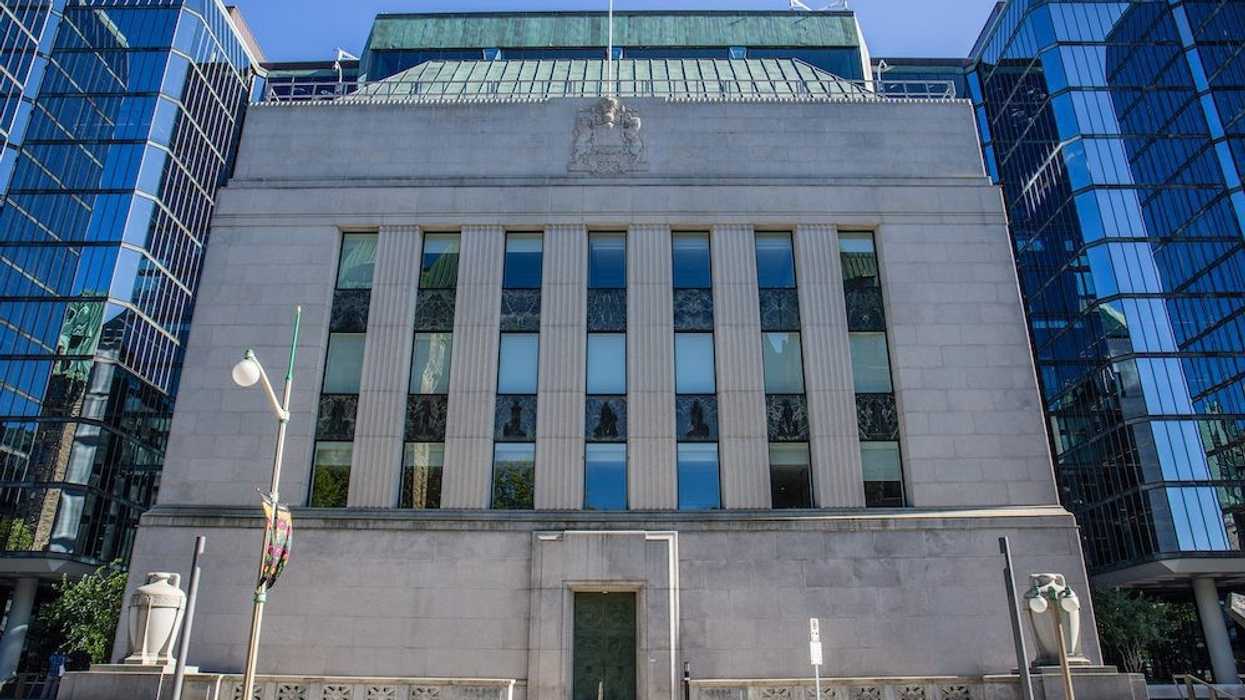

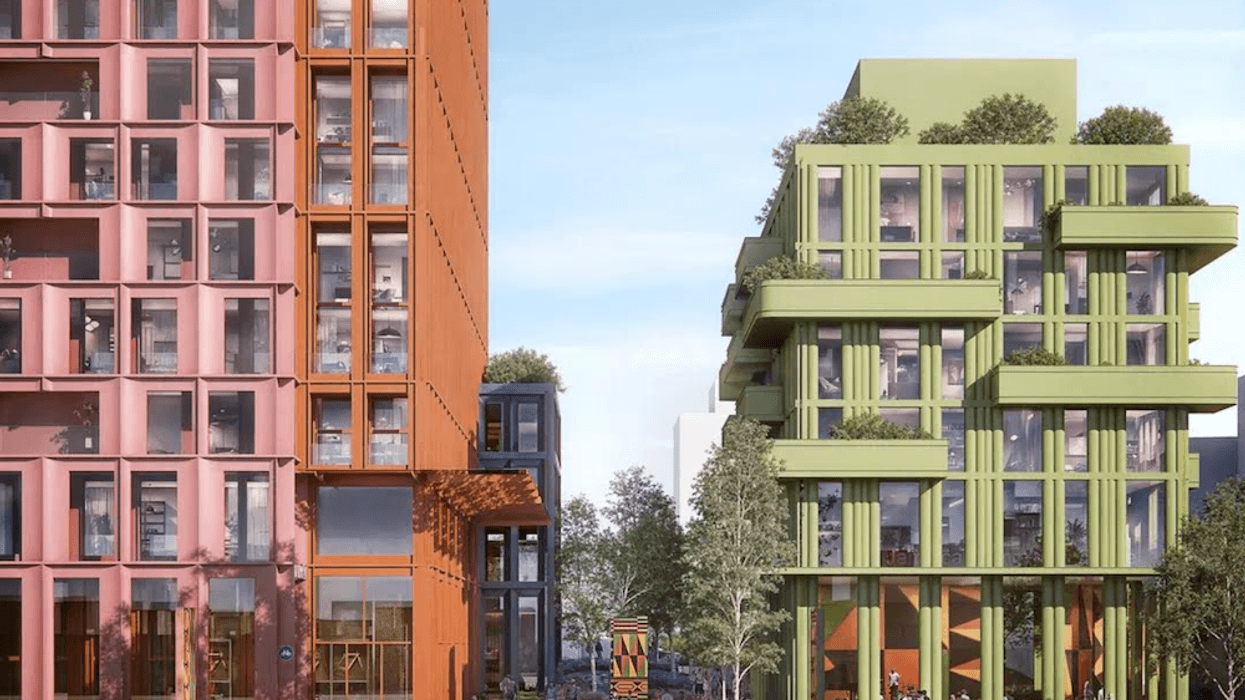
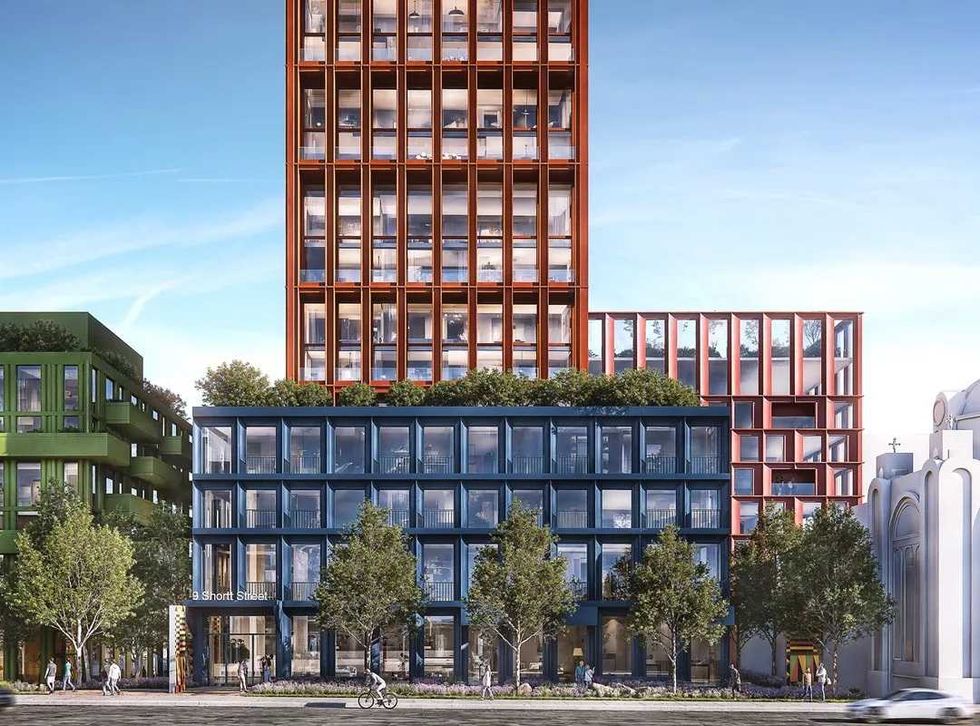 Rendering of 9 Shortt Street/CreateTO, Montgomery Sisam
Rendering of 9 Shortt Street/CreateTO, Montgomery Sisam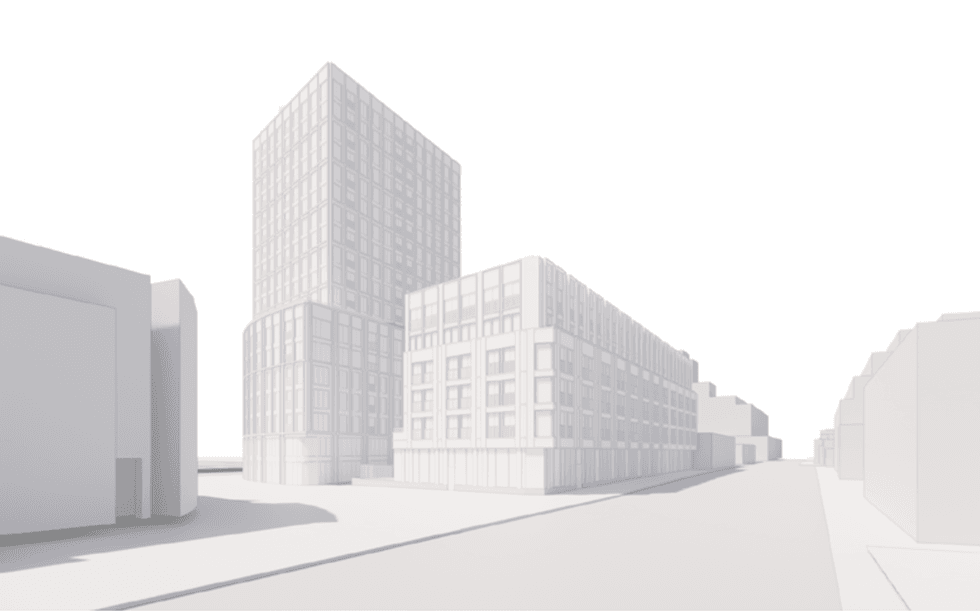 Rendering of 1631 Queen Street/CreateTO, SVN Architects & Planners, Two Row Architect
Rendering of 1631 Queen Street/CreateTO, SVN Architects & Planners, Two Row Architect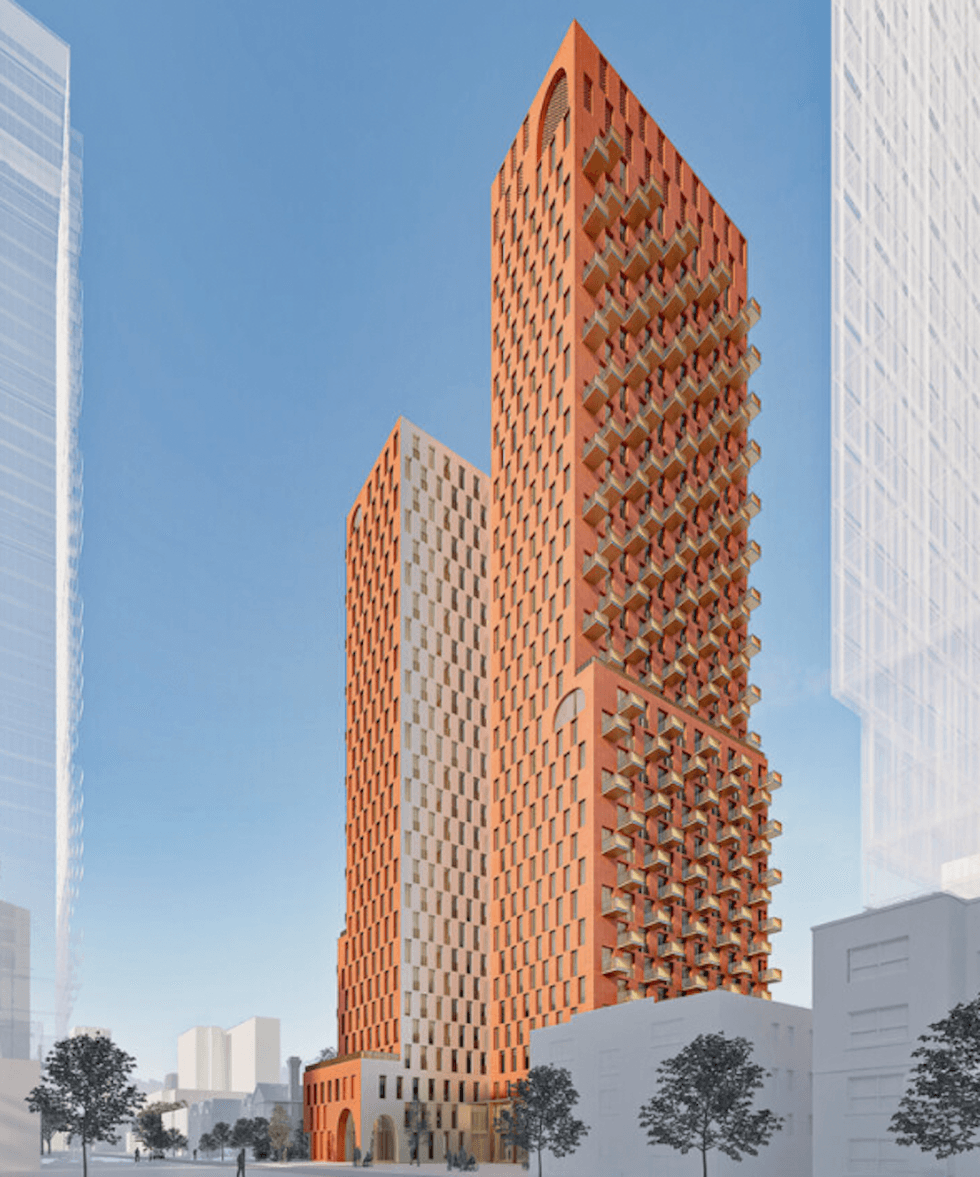 Rendering of 405 Sherbourne Street/Toronto Community Housing, Alison Brooks Architects, architectsAlliance
Rendering of 405 Sherbourne Street/Toronto Community Housing, Alison Brooks Architects, architectsAlliance

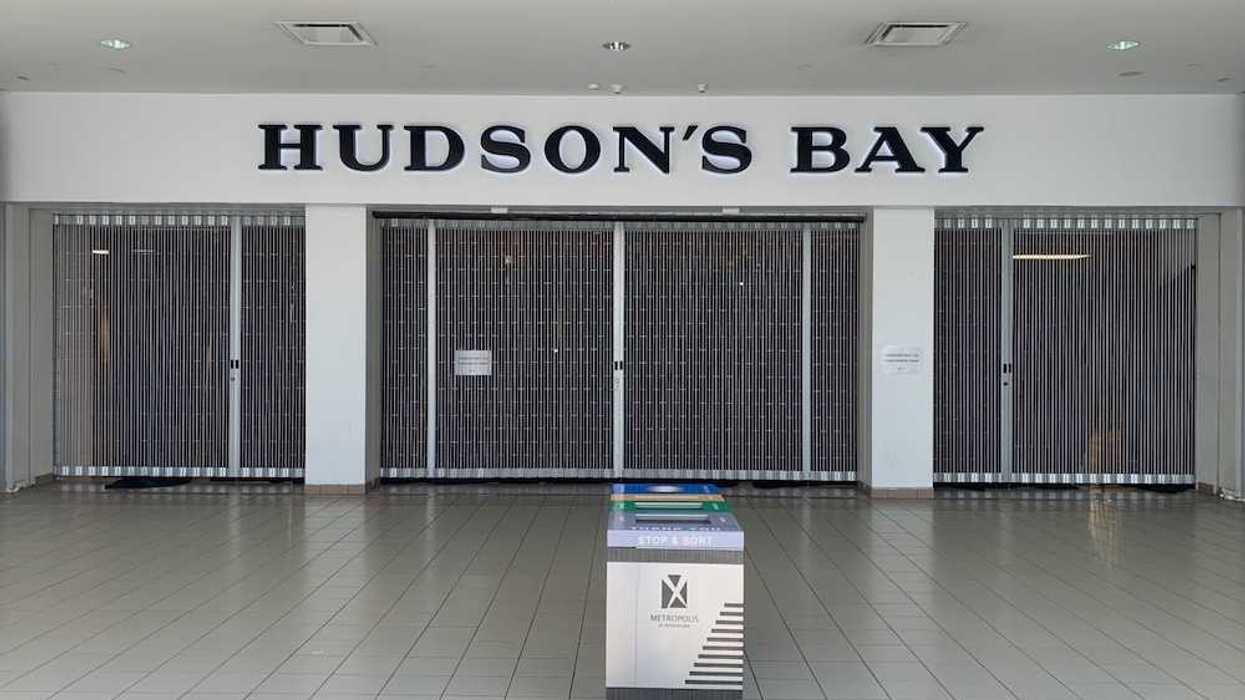
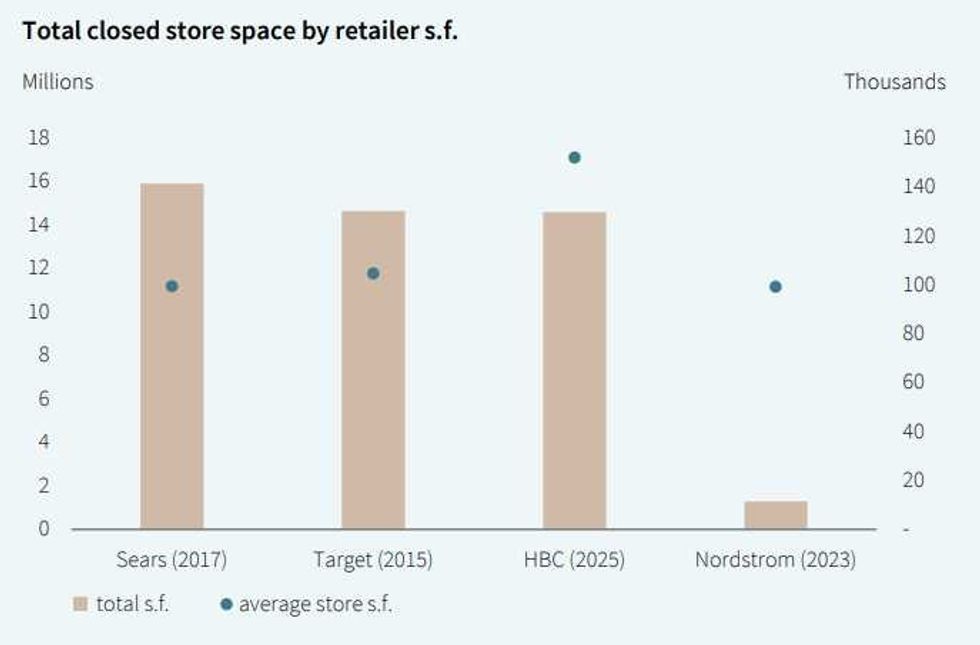 Hudson’s Bay vacated about as much space as Target did in 2015. (JLL)
Hudson’s Bay vacated about as much space as Target did in 2015. (JLL)